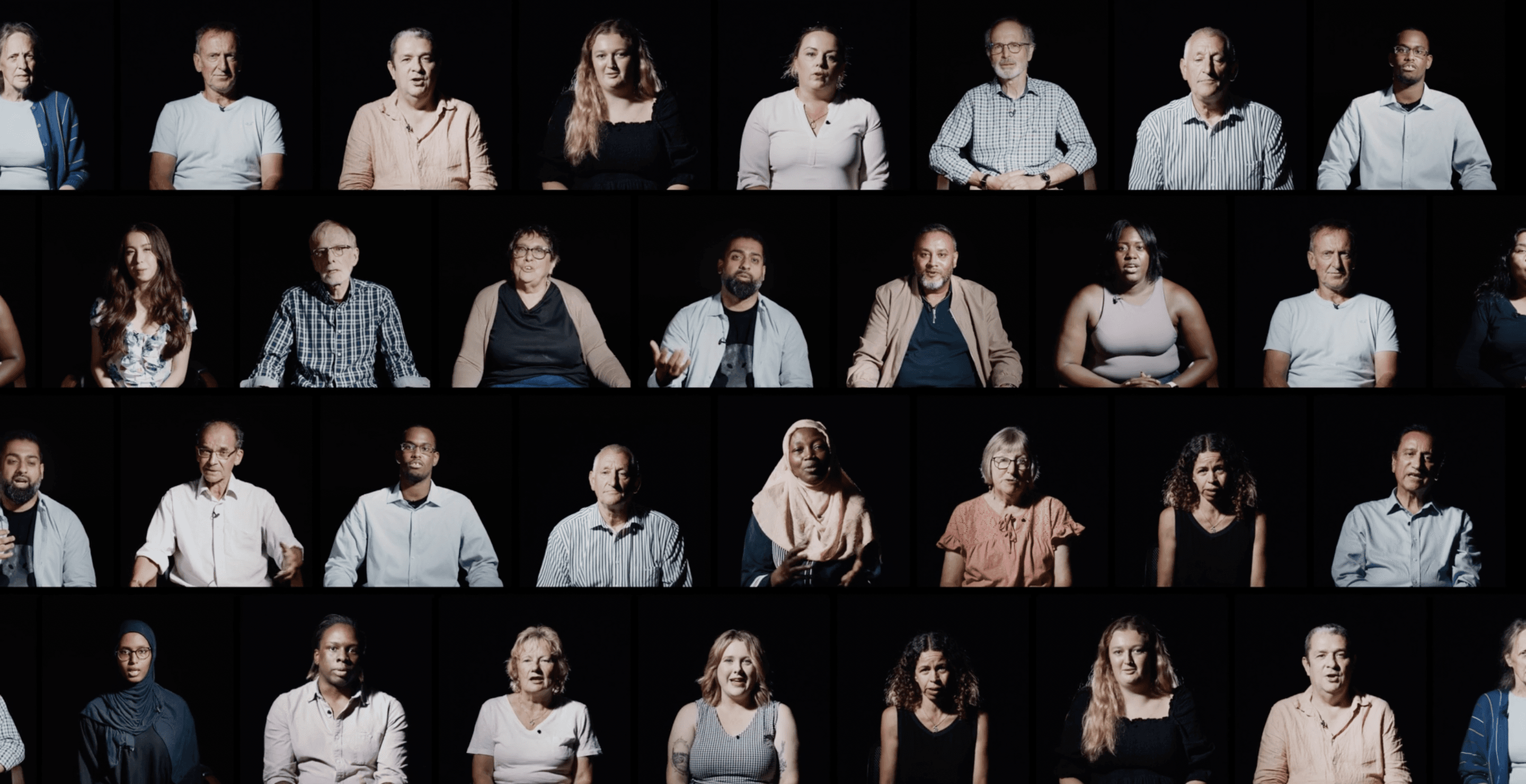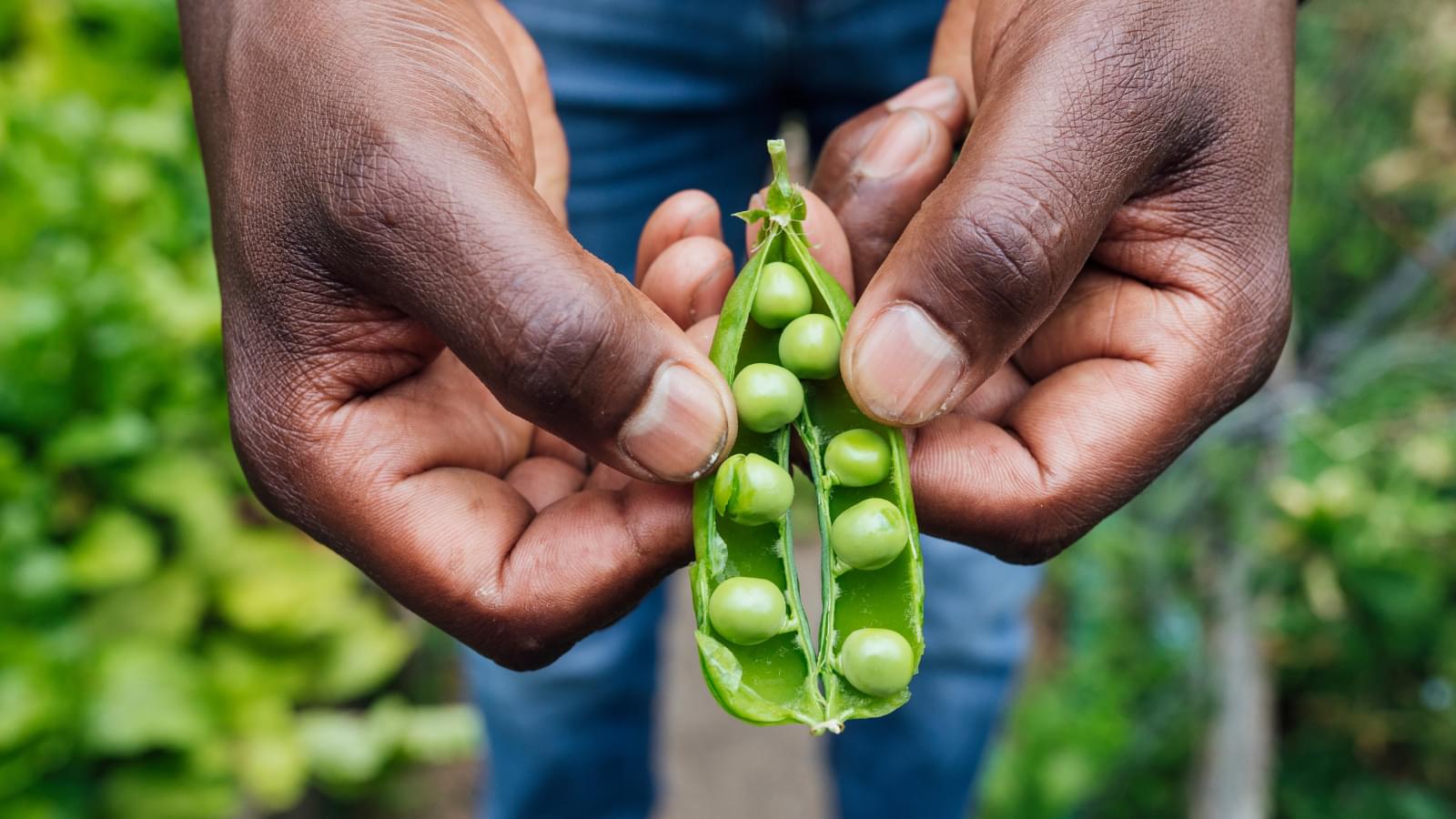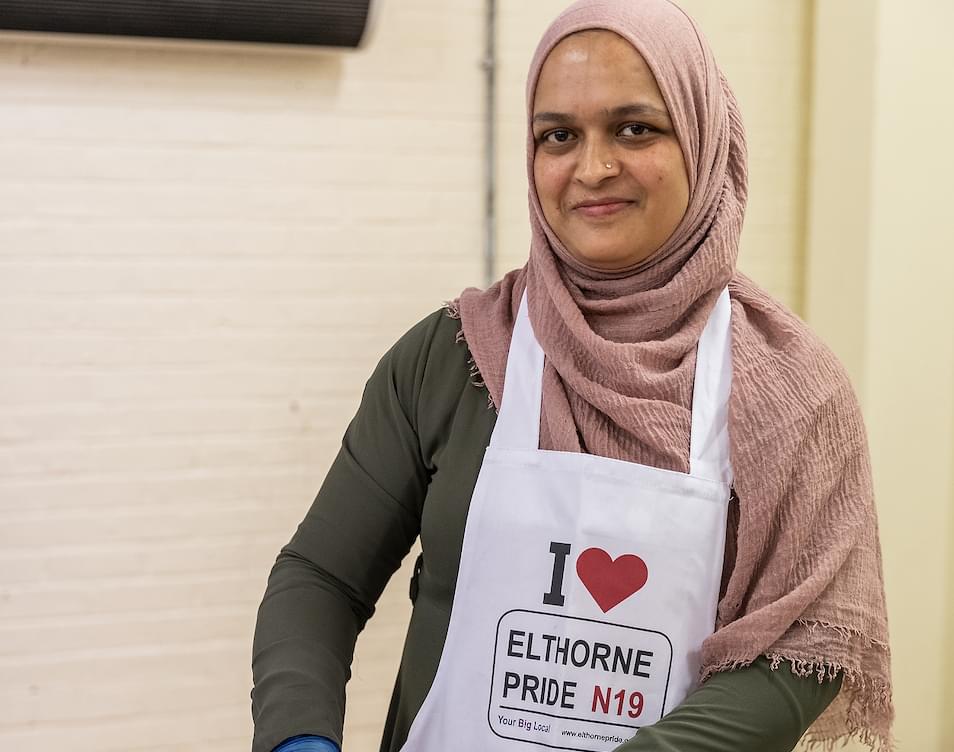

The need for cheap food has become a marketing strapline for a particular business model that has commodified and financialised food systems so that the needs of the poor and the vulnerable have become an excuse to provide profits for a small number of global food businesses. We are interested in challenging some of the thinking and assumptions that lie behind prioritising cheap food over healthy food.
Below you will find recent research, FFCC's responses to the National Food Strategy, case studies, podcasts and more to bring together our work (and the work of others) to try to transform food and health across UK countries.
The UK has a food sector worth over £100 billion, some of the cheapest food in Europe, and 4.7 million adults who are worried about where their next meal will come from. These numbers suggest that there are important questions to be asked about who really benefits from the current system.
FFCC's landmark report, Our Future in the Land, set out radical and practical ways for policymakers, business and communities to respond to these challenges. We're now working to implement three of these recommendations, supporting the development of a food system which works for people's health, for the environment and for the economy.




The National Conversation About Food is gathering citizens together to understand what people really think about food and talk about how we can fix food, fix the planet and fix our health. The project builds on the call for a national conversation about food from the 2023 People’s Plan for Nature, and the recommendations from citizens will be shared with policymakers ahead of the next general election.



Curries are a much-loved feature of the British hospitality scene, yet the small and medium enterprises that make up the sector are under threat. FFCC and the Centre for Research in Ethnic Minority Entrepreneurship at Aston University are collaborating to take a fresh look at farm-to-fork resilience in Birmingham's Bangladeshi catering community.

Beyond charitable food aid: How can funders and communities work together to create thriving local food systems? explores how funders and communities can move beyond delivering food aid to build resilient local food systems. The report is the result of a project led by FFCC, Local Trust and International Futures Forum, which examined how funders and community groups can work together to address immediate food needs, while at the same time shifting towards sustainable and healthy community-based food systems in the longer term.



“We wanted to offer a more dignified approach to food aid. We feel confident that what we've got is sustainable and very useful.”
In this discussion with the Sustainable Food Trust we challenge the assumption that more cheap food for those in food poverty is the answer to food insecurity in UK nations. Research shows that if there was less food waste and a move towards healthier diets, there would still be enough food, grown by fair and sustainable farming practices, to feed the UK.
“It is an absolute travesty that the need for cheap food has become a strapline for a particular business model that has commodified and financialised food systems, so that the needs of the poor and vulnerable have become an excuse. It is not about people. It is about the system – a system that is dysfunctional.”
Sue Pritchard
Chief Executive, FFCC


Of all the elements of our economy, one of the (very few) things we just can’t do without is food. Yet, governments have struggled to grasp the nettle on food system policies. In this country, attempts to change anything about the system – most recently with the National Food Strategy – have floundered in the face of a pervasive narrative that ‘people don’t want a nanny state telling them what to eat’ and ‘all people want is cheap food’. But is this narrative even true? What do people really think about food?
Our new report So, what do we want from food? Citizens are hungry for change shows the UK public overwhelmingly back state intervention to improve the food system.



As concerns over the cost of living reach fever pitch, family finances are more tightly balanced than ever. Food, and assumptions about the need to keep food ‘cheap’, have become embedded in public discourse. But who really benefits when food price is the only consideration – and what kind of food are we feeding those who are most vulnerable in our society?
Hungry for Health: what citizens want from food, sets out to understand better how people make decisions about food by talking to some of those who exemplify the very people cheap food is supposed to help.

The National Food Strategy for England is an important and timely call to action. It is clear that changing food and farming is a critical part of tackling the climate, health and nature crises and the Plan lays down a serious challenge to government and business to act now. Better public health and a more sustainable society are within our grasp.



The Food Builds Communities report shows that communities that work with food can creating lasting change. It highlights how communities’ work on food can help shape a new national food system and ensure a more sustainable food future.
The current food system operates at a high cost to nature, climate and health, but this report shows that many communities are already taking significant action. With the right support and policies, local communities could be at the forefront of leading a transformation of our food system.

Research conducted by FFCC shows that, if you provide the right messaging, 70% of citizens would support the government enacting policies to reduce the impact of food production on the environment and 62% see that it is government’s responsibility to set policies and regulations so that it is easier to eat healthy food.
Shifting the system shows that people want governments and businesses to be brave and bold on food issues.
